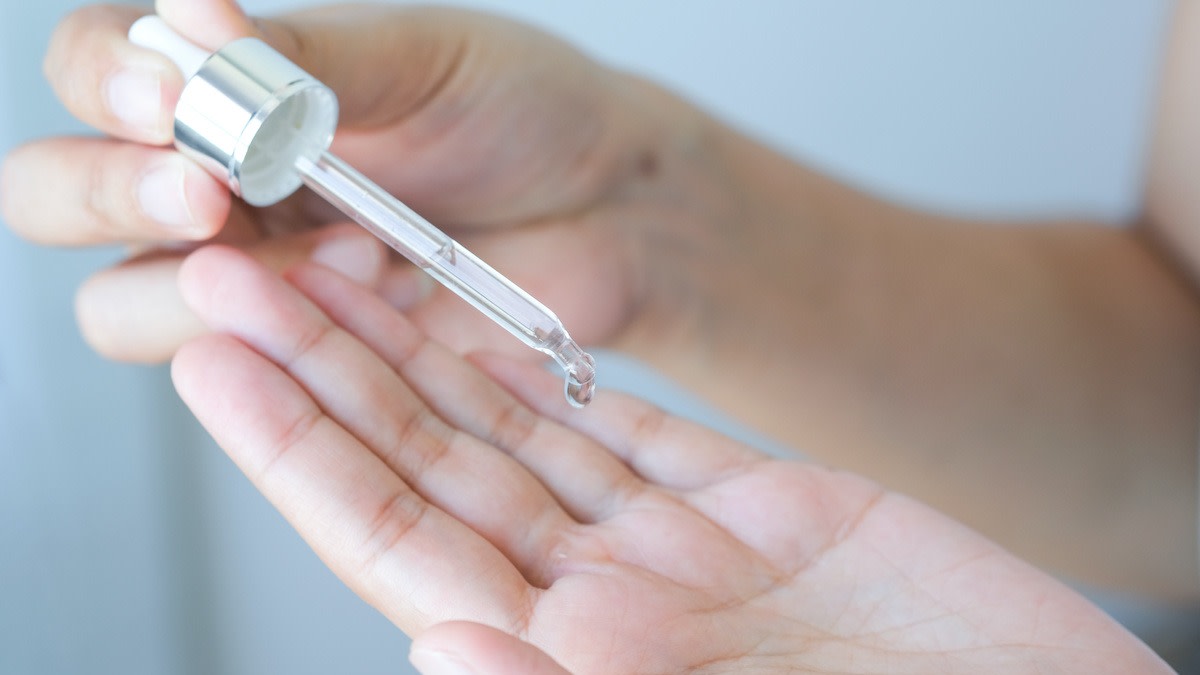Beta Hydroxy Acid Guide: 3 Uses for the Skin Care Ingredient
Written by MasterClass
Last updated: Nov 5, 2021 • 3 min read
Beta hydroxy acid, an acid that derives from plants, is a common ingredient in skincare products, especially those for treating acne. Learn more about the topical uses of beta hydroxy acid.
Learn From the Best
What Is Beta Hydroxy Acid?
Beta hydroxy acids, or BHAs, are acids that occur naturally and are regular ingredients in skincare products, especially those for acne treatment. The most common form of BHA is salicylic acid, which comes from willow bark.
Beta Hydroxy Acid vs. Alpha Hydroxy Acid
Beta hydroxy acids are oil-soluble acids. In skincare products, BHAs penetrate the skin and unclog pores, which can help those with oily skin prone to breakouts. By comparison, alpha hydroxy acids, or AHAs, are water-soluble acids derived from plants like sugarcane, grapes, and citrus fruits. Developers formulate AHAs to remove the surface layer of skin, an exfoliating process that might stimulate collagen production. AHAs are common in anti-aging products marketed toward improving skin texture and reducing hyperpigmentation and fine lines. AHAs are often gentler on dry skin, while BHAs are often less irritating on sensitive skin.
3 Uses for Beta Hydroxy Acid
You can find beta hydroxy acids in skin care products for the treatment of a variety of skin conditions. Brands develop products with beta hydroxy acid for such purposes as:
- 1. Clearing pores: BHAs can effectively clear out blackheads, which are the result of clogged hair follicles. Each hair follicle contains hair and sebaceous glands, which produce an oil called sebum. For those with larger follicles, dead skin cells and sebum can collect in the follicle and clog the pores, resulting in blackheads. Beta hydroxy acids can cut through the sebum and clear out the follicles, reducing the number of blackheads and skin blemishes.
- 2. Treating existing acne: Salicylic acid, the most common BHA found in skin cleansers and moisturizers, helps treat acne in multiple ways. It clears pores, which can minimize blackheads and clogged skin, lessening the factors that typically aggravate acne-prone skin. In addition, this acid fights the bacteria that scientists believe causes acne.
- 3. Preventing new acne breakouts: While BHAs like salicylic acid can treat existing acne, their regular use, especially under the care of a dermatologist, can help prevent new breakouts. Daily use of BHAs can help prevent the buildup of sebum, which can be an effective method of preventing acne breakouts.
What Kinds of Products Contain Beta Hydroxy Acid?
Beta hydroxy acids, especially salicylic acid, are common in over-the-counter skincare products like face wash, moisturizer, acne cream, chemical exfoliants, chemical peels, and toner. Dermatologists prescribe BHA products with higher concentrations of salicylic acid to treat severe acne.
Many skin care products contain both BHAs and alpha hydroxy acids (AHAs). Such skin care products frequently claim to brighten skin tone and reduce fine lines on the surface of the skin while also treating acne and controlling excess oil. To see if a skin care product contains both, look for AHA ingredients such as glycolic acid, citric acid (sometimes labeled vitamin C), or lactic acid, and for the BHA salicylic acid.
Possible Side Effects of Beta Hydroxy Acid
Beta hydroxy acid is generally well-tolerated by most skin types, although using the acid in your skincare routine might cause minor side effects. Dermatologists recommend always applying sunscreen regularly if you use BHAs since beta hydroxy acids can increase sun sensitivity and increase the risk of sunburn. Those with dry skin might notice skin redness or skin that becomes drier or flakier. As with any product you plan to apply to your skin, it’s advisable to consult your dermatologist as to your own skin’s unique needs.
Before Starting a New Skincare Regimen
Individuals experience different levels of sensitivity to ingredients found in various skincare products. To prevent adverse reactions, consult a dermatologist before applying a new product to your skin. This article is for educational and informational purposes only, and is not a substitute for professional medical advice.
Learn More
Get the MasterClass Annual Membership for exclusive access to video lessons taught by the world’s best, including Bobbi Brown, RuPaul, Tan France, and more.
